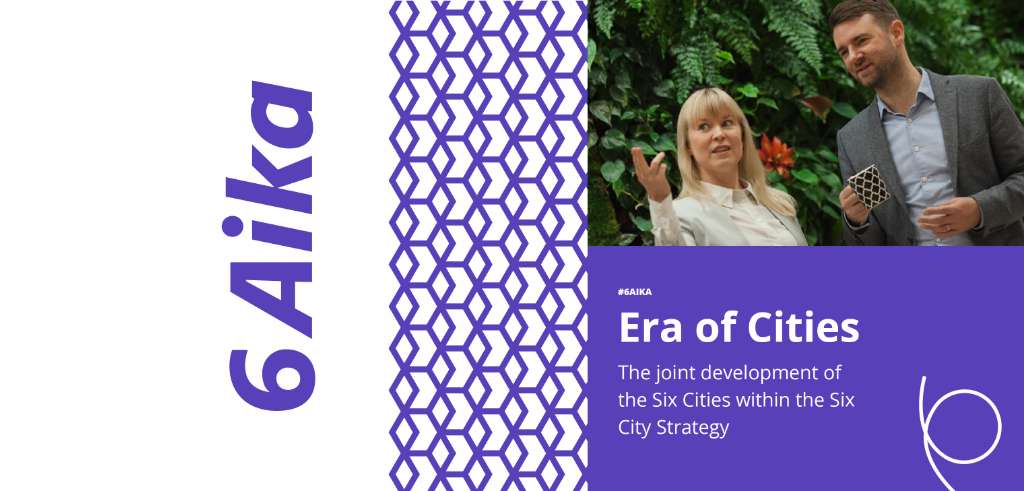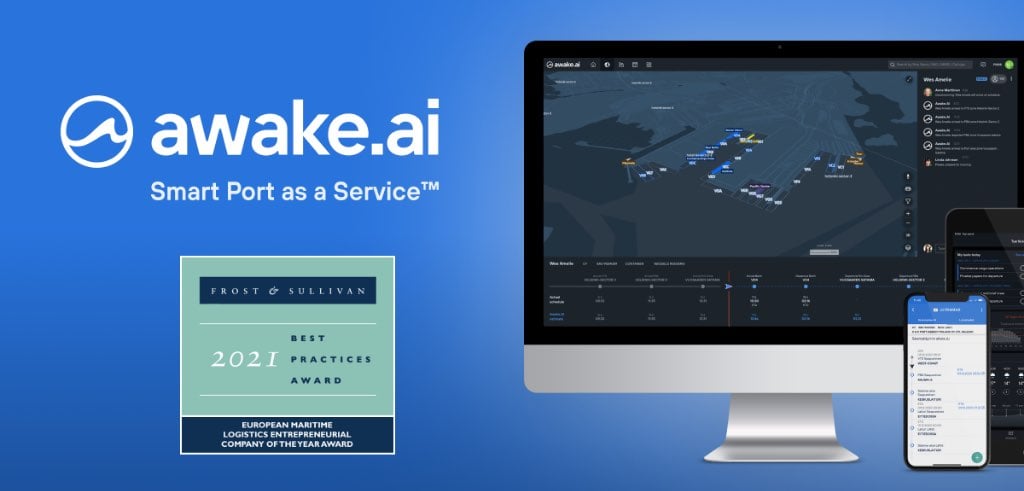Getting your ambitious mobility startup to where you want it to go takes a lot of hard work, smart decisions and rapid learning, but typically also a lot of capital. We recently asked several startup founders’ experiences on what helped them succeed in their fundraising and shared their key insights. Now it’s time to ask the venture capitalists themselves: those who decide which startup to invest millions of euros into.
We spoke with Terhi Vapola from Helen Ventures, Claes Mikko Nilsen from NordicNinja, and Timo Tirkkonen from Inventure. We chatted with them about things they’d want to help future startup founders learn, so they can build investment-ready companies faster. Here are their key takeaways.
1 What is the one thing startup investors seek?
Startup investors seek companies whose value they expect to grow significantly.
The investment’s purpose is to help the management grow the value of the company, not just manage its operations. The goal of an investment round is to reach the next milestone in the company’s long-term growth plan.
2 What is the investment for, more precisely?
The startup must have a vision of what it wants to become, a plan for how to accomplish this, and the ability to execute this plan. The plan tells the investors which activities is the company planning to spend the invested money on. This will always be different per company, as each team, product, and market situation are unique, and each company’s management must have their own plan.
The company must be able to show that it knows well its customers, competitors, product, markets, and other factors influencing their success. This should be evident in all company communications from short public pitching to longer investor meetings, and ultimately in written documents the management sends upon investors’ request.
3 At what time should a startup seek funding?
The best time to seek funding is when you don’t need it, strictly speaking. Investors seek to invest in businesses that can operate profitably. A profitable company can operate indefinitely without an investment so it doesn’t need one, but might seek one to grow temporarily faster than its revenue would support, in pursuit of valuable market share. A profitable high-growth company would find it easy to raise investor interest.
Most startups are still some way off from being able to turn in an operating profit, and seek an investment in order to have more time to become profitable before they run out of money. When the startup is generating a loss every month, they should apply for funding well in advance of running out of money. Even successful discussions with investors can take 6 months before receiving the funding. The startup can affect this time a lot by being prepared for the due diligence checks that most investors want to do before trusting startup founders with their money.
4 What is “due diligence” and how to prepare for it?
Due diligence (DD) means simply a verification that something is as good as told and as good as it should be. It can be divided into many different areas, which will vary per investor and per startup case. For example a legal DD might cover all the company’s significant contracts, especially with clients; documentation of company board meetings; and other key legal aspects of the company. If the founders don’t have a shareholders’ agreement (SHA), they’ll need to do one latest by the time a professional investor like a venture capitalist (VC) invests into them; but also if they have an SHA that wildly deviates from the standard ones and can provide hidden pitfalls for later stages of company development, the founders may have to redo the SHA as a more standard and battle-tested one. Professional investors have seen dozens if not hundreds of startups’ development trajectories and situations and can expect quite many situations, including one founder’s departure from the company in multiple different ways, which can be hard to imagine and prepare for as a first-time startup founder.
A technical due diligence might include the investor’s technical friend (possibly a serial tech entrepreneur) chatting with the startup’s CTO to understand how robust their technological solution is. This can also lead to some additional development ideas for the CTO, if they’re not overly defensive of their current plans. A market DD can involve calling (potential) clients, perhaps with the startup’s permission, and asking them about how they see the product and market. A startup can prepare for all these kinds of DDs and more by providing documentation of key aspects of the company, like board meetings and contracts, statements from clients with contact details, description of technological architecture and so on, in order to answer the question “what would a professional and thorough investor want to know before presenting the investment case to their peers”.
Having a professional angel investor or other mentor can help a lot in preparing for an investment DD, and the preparation will be the easier the earlier it is started. One of the mantras of serial startup founders is “always be DD ready”.
5 What to expect from an investor after investment?
Investors bring a lot of structure and professionality to startups. They help startups to start doing the right things at the right time. One benefit of this is that the startup will be able to start generating and growing sales as early in its journey as possible. For example in the automotive sector there are many criteria that a company and its products need to fulfill in order to be able to sell anything to the big OEMs.
Investors also typically help startups keep a strong link between strategy and execution by helping them set and monitor key performance indicators (KPIs). These will also make it a lot easier to communicate both within and to the outside of the growing startup, including but not limited to the potential future investors of the startup’s next funding rounds. Investors’ network and experience helps to open doors to these later-stage investors, but they can also be invaluable in attracting talent to the company. For some startups, the most significant value-add by an investor has been to help them understand which role they need to open and fill for the company and when, how to carry out the recruitment process, and even identifying individual senior candidates from the investor’s network, which includes many serial founders.
One of the major advantages of investors’ experience for startups is how much time it saves. Capable founders can eventually figure things out on their own, but by then the market opportunity may have passed. Smart founders find ways to learn from others’ experience, and getting a startup professional to invest in you is a great way to get both their monetary and non-monetary input. Both help save significant amounts of time. And in the world of ever-changing markets for innovations, timing is an essential factor of success.
6 How to choose an investor?
As every investor is an individual, they have very different experience to help your company with. Their investment also makes them co-owners of the company, which tends to be a very long-term mutual commitment between them and the founder. Startups should invest significant time in finding the investors who would be the best fit for them. This goes both in terms of the investors as individuals, as well as the companies (VCs) they work at; a good VC company is able to supplement a junior VC person’s experience and help them offer you a lot of the best advice their senior partners also would. An investor’s experience in the field where the startup operates is very helpful, as is working with startups that had other similarities, like pursuing a similar business model in an adjacent market. Investors with large portfolios also help founders learn from each other. For example when planning to expand to a specific new country, they might have a portfolio founder who did that three years ago and whom you can call.
In addition to professional skills, it is important for startup founders to be able to communicate and get along well with the investor. Even the most experienced VC will not be able to make much difference for a startup if they constantly clash with the founders in a way that’s not mutually productive. Being on the same wavelength is a positive indication of towards an investment fit for both sides.












